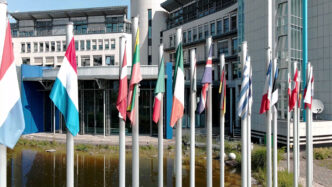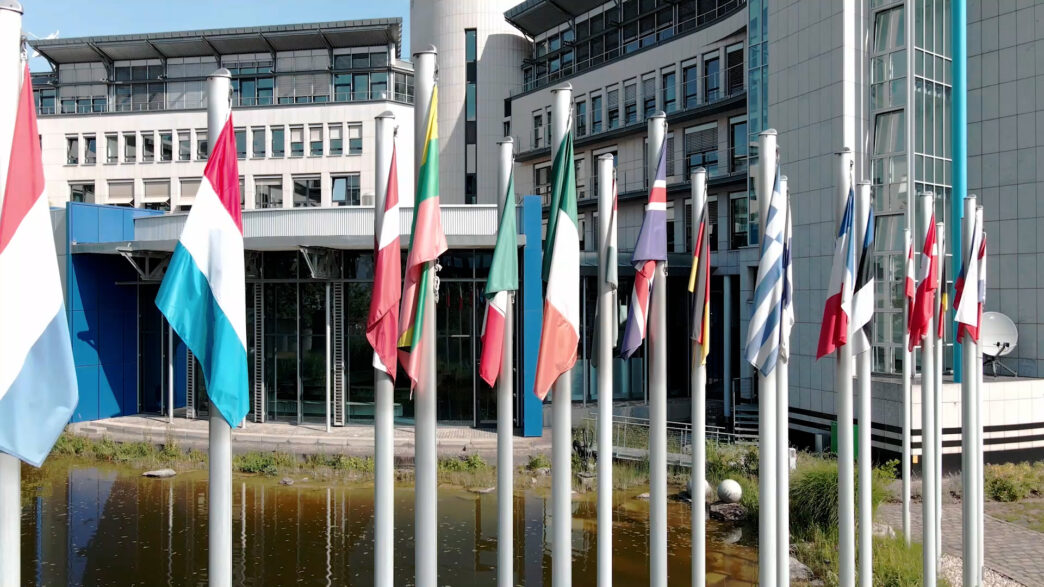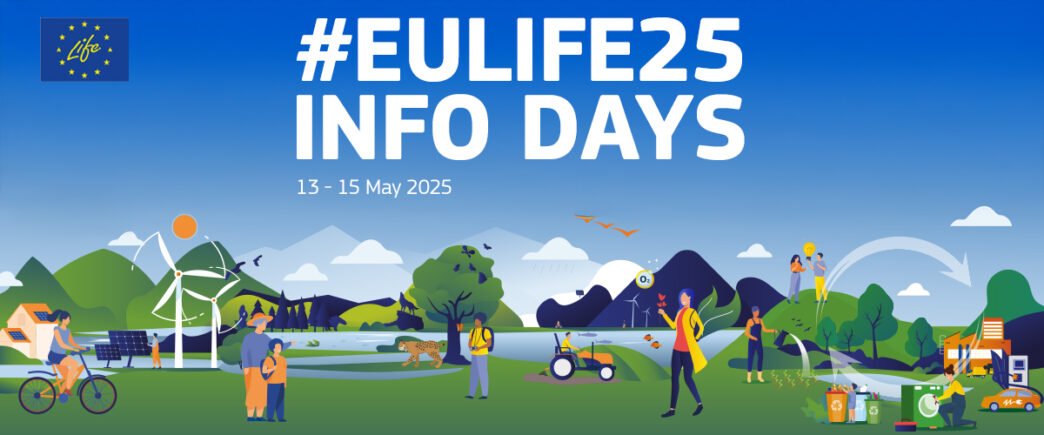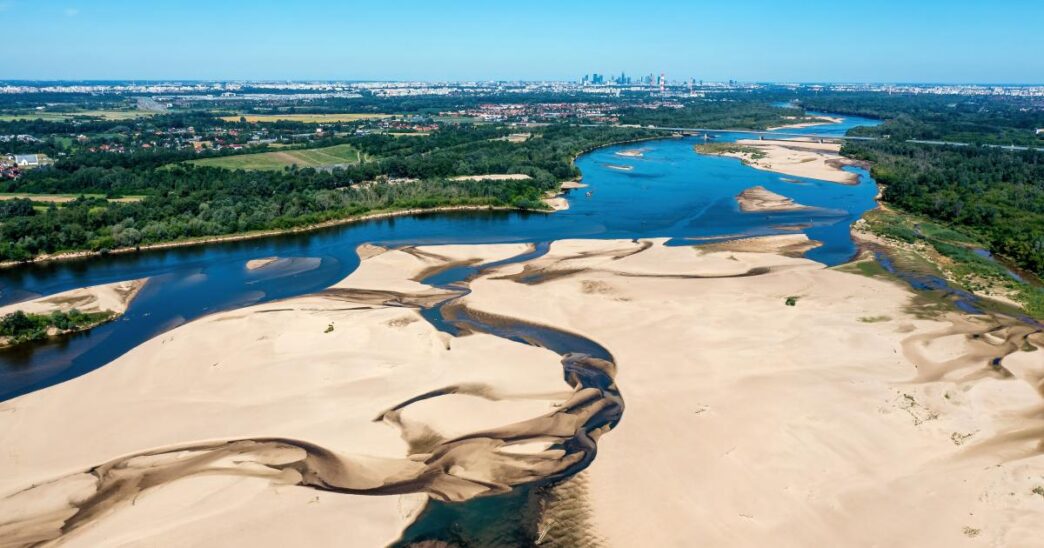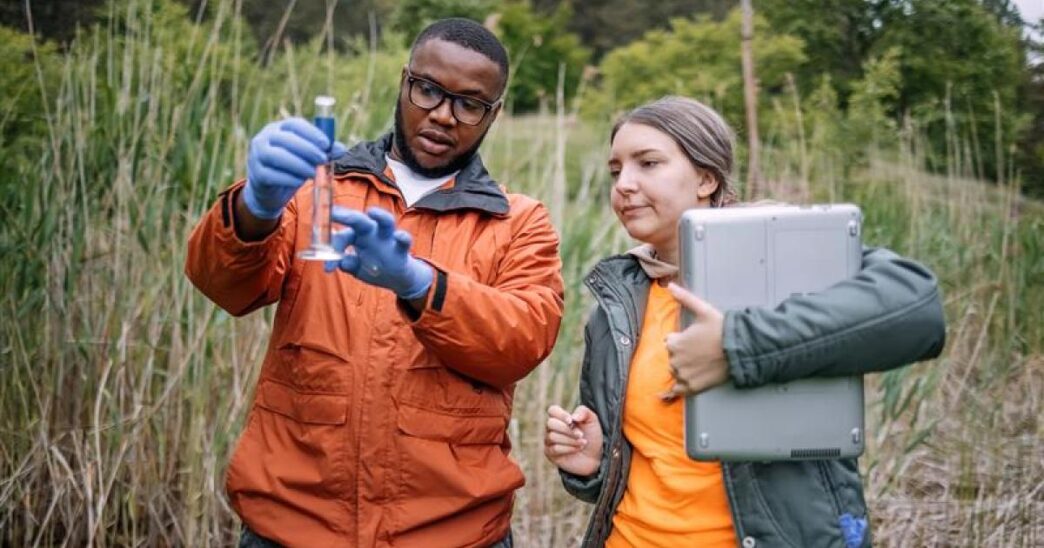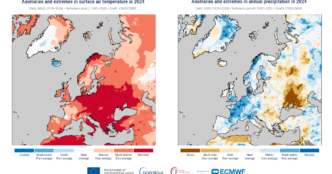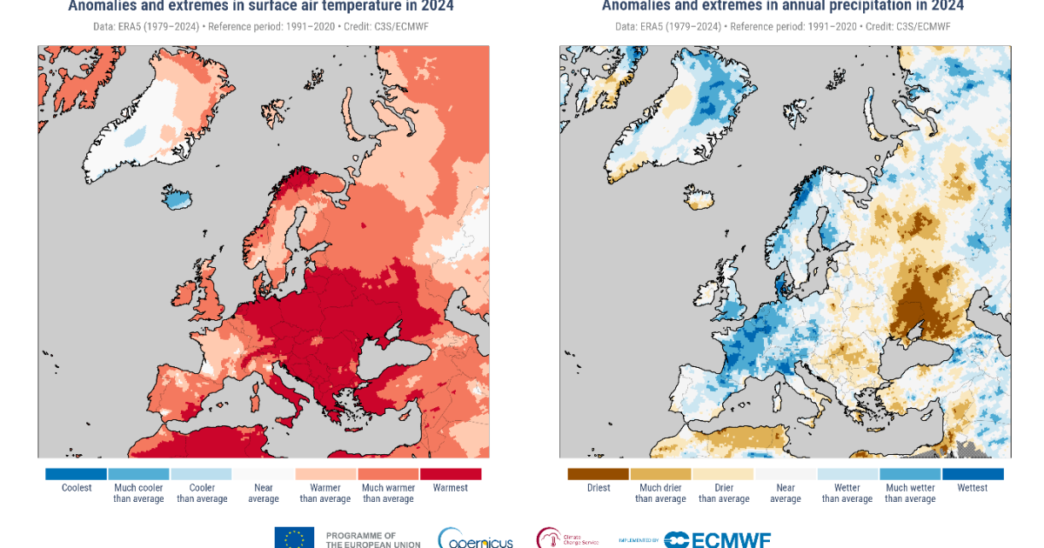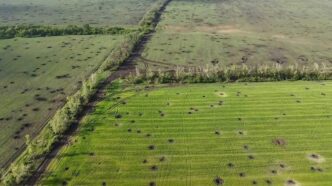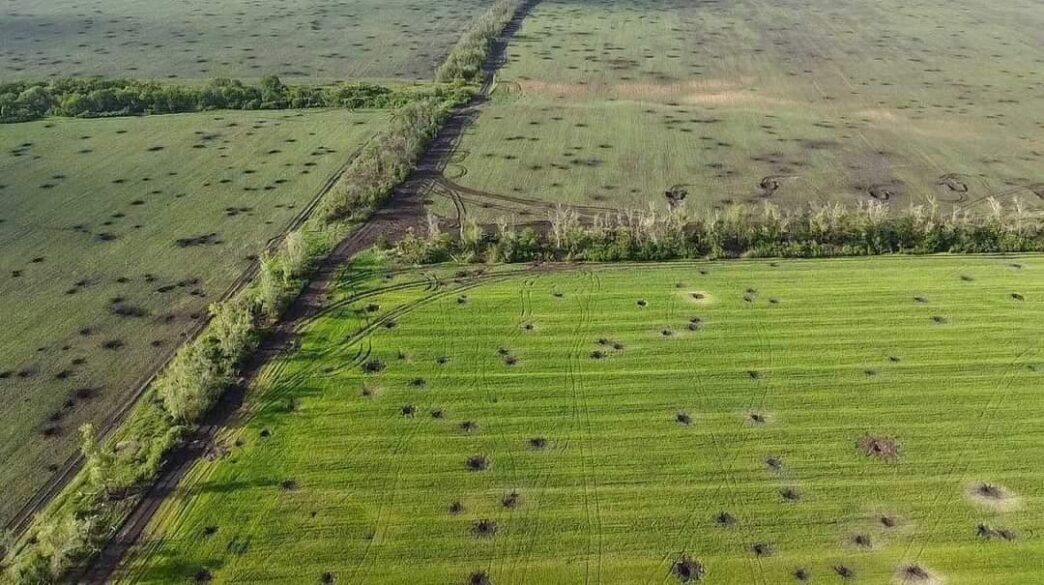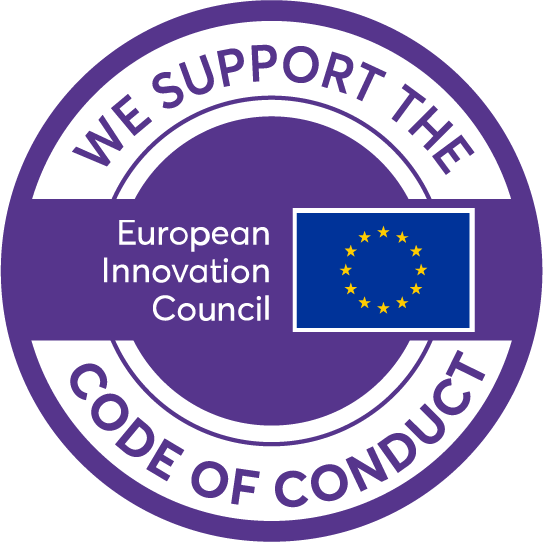Satellite data is vital for understanding, monitoring, mitigating, and adapting to climate change
climate change
13 posts
Funding for the LIFE programme is now open, a European instrument for developing and implementing European climate, nature and environmental policy.
On 2 May 2024, the Commission published Germany’s notification concerning its intention to voluntarily cancel allowances associated with the closure of electricity generation capacities in two ETS installations in its territory in 2022 due to additional national measures.
On 28 May 2025 at 18:00 CET, the European Commission will publish the total number of allowances in circulation (TNAC) on the EU carbon market in 2024.
Dwindling river flows and worsening drought are triggered by warmer-than-average weather and lower precipitation levels.
Citizen science – where individuals and communities contribute to scientific research and data collection – is a powerful way to turn knowledge into real-world climate solutions.
The EU is investing €86 million in several projects in the EU and Iceland that will work on water quality and availability, cleaning up polluted rivers, improving fire and flood protection, and reducing greenhouse gas emissions. Their work will help Europe become a climate-neutral continent by 2050.
The latest European State of the Climate report illustrates clearly the impact of climate change in Europe and the Arctic.
The European State of the Climate 2024 (ESOTC 2024) report, released on 15 April 2025 by the Copernicus Climate Change Service (C3S) and the World Meteorological Organization (WMO), involves around 100 scientific contributors providing holistic yet concise insights into Europe’s climate.
A new study finds reduced greenhouse gas emissions in Ukraine amid war but increased toxic pollution risks.
